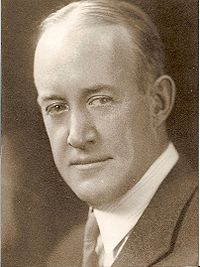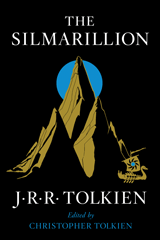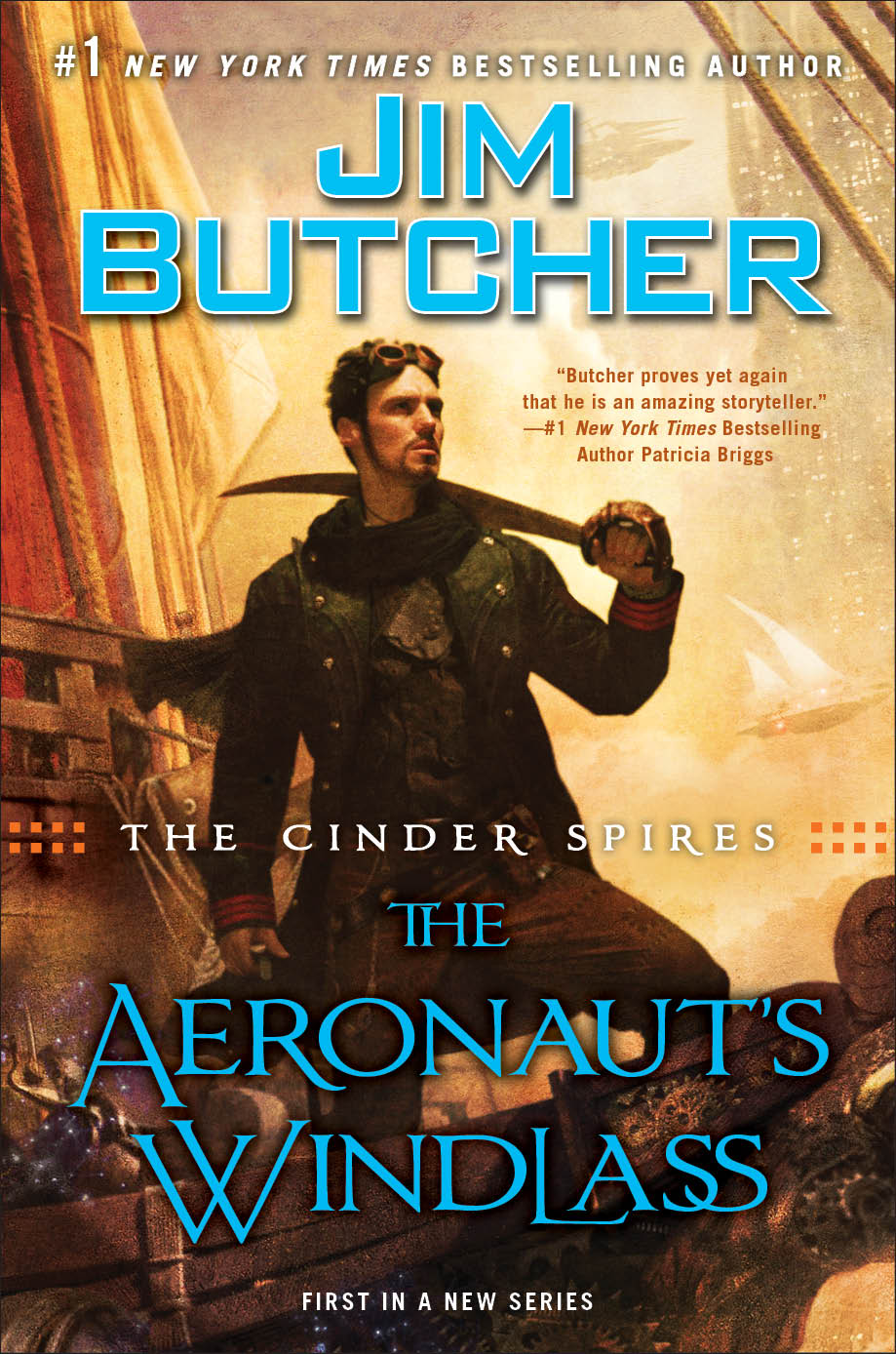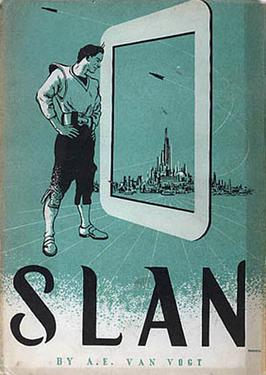I’m in the final phase of my Hugo finalist reading, concentrating on the Best Novel category. In the right-hand panel of my blog, you’ll find my “Currently Reading” widget which is just the RSS feed for my GoodReads status updates. Three of the four books I’m currently actively reading are finalists. I’m listening, or attempting to listen despite major shortcomings of the Axis 360 app, to Ann Leckie’s Provenance. When I get too frustrated with listening, I switch to the ebook edition. Last night and this morning, I’ve been powering through the middle of Raven Stratagem. Earlier this week and most of last weekend, I immersed myself in the 1943 Best Novel finalist Islandia by Austin Tappan Wright.
 I wish there existed a well researched biography of Mr. Wright, aside from the few paragraphs found in his Wikipedia entry. His immediate family alone would make for an interesting read as well: “He was the son of classical scholar John Henry Wright and novelist Mary Tappan Wright, the brother of geographer John Kirtland Wright, and the grandfather of editor Tappan Wright King.” (Wikipedia). Continue reading “Field Notes from My Retro Utopian Adventure”
I wish there existed a well researched biography of Mr. Wright, aside from the few paragraphs found in his Wikipedia entry. His immediate family alone would make for an interesting read as well: “He was the son of classical scholar John Henry Wright and novelist Mary Tappan Wright, the brother of geographer John Kirtland Wright, and the grandfather of editor Tappan Wright King.” (Wikipedia). Continue reading “Field Notes from My Retro Utopian Adventure”









